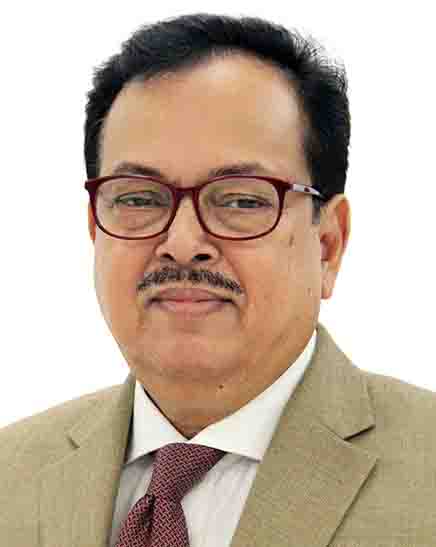Legacy of violence

Enriched with strong democratic values and ideals of human rights and rule of law, Bangabandhu Sheikh Mujib started practising West Minister type of democracy in 1972 in the war-ravaged Bangladesh where arms were everywhere. Everybody used to talk in the language of arms as they just returned from a blood-shedding war of liberation.
The new government headed by Bangabandhu Sheikh Mujibur Rahman was engaged in rebuilding the war-ravaged nation. But the opposition, including the underground parties which have long been pursuing the extremist politics, did not allow that to happen. The main opposition Jatiya Samajtantrik Dal (National Socialist Party-JSD), by resolution chose to take arms and started war against the democratically elected government of the Father of the Nation, Prime Minister Sheikh Mujibur Rahman.
Thus the politics of violence was reintroduced in the country. Finding no other alternative, Bangabandhu formed a national political platform, Bangladesh Krishak Sramik Awami League (BAKSAL), comprising people from all walks of life, including representatives from the Army and civil bureaucracy, journalists, educationists, and people from all other professions. Keeping every option of the democracy open, he tried to bring the nation on one issue to be dedicated to rebuilding the country. By an army coup, Bangabandhu was brutally killed in August 1975. The assassin group shot dead the men, women and children of Bangabandhu’s family.
All the killers belonged to pro-Pakistan and Muslim League background. It is quite understandable that the killers took revenge for breaking Pakistan. But they did not think of Mr. Jinnah who played an instrumental role in breaking Pakistan by declaring that Urdu shall be the only State Language of Pakistan.
The politics of violence was reintroduced in Bangladesh with the assassination of the Father of the Nation in 1975 and since then the Army rule was also introduced in Bangladesh and it continued up to 1990. During the military rule in Bangladesh, the politics of violence and corruption were reinforced in the society. The fabrics of law and order situation were going from bad to worse. With direct indulgence of the administrations and the law-enforcement agencies, corruption got an institutional shape into the every corner of the society and the local terrorist groups were being developed gradually. At one stage, wide-ranging terror activities engulfed the society.
An independent nation must have a sovereign parliament, independent judiciary, and efficient, effective and smart administration. But the military rulers even corrupted the parliament, the judiciary, and the administration. Even the student community was not spared by them. They were being provided with illegal arms by Army ruler general Ziaur Rahman. Many opponent student leaders and workers were abducted and killed.
Persecution of the opposition political leaders and workers became a regular phenomenon. There was no security of life and property of the people at the hands of the military rulers and their associate organisations.
The people of Bangladesh became the victim of political persecution and torture even by the elected government. General Zia’s wife Khaleda Zia was elected by popular vote, but she did the same thing that her husband military ruler General Zia did. During her second term in office as the prime minister, she conducted a nation-wide killing of members of the opposition Awami League. Even the grass-root level workers and supporters were not spared.
General Zia’s gun party launched a car attack on the Awami League procession in Topkhana Road area near the Secretariat. Quite a good number of Awami League activists were seriously injured. With a view to cling to power, the military rulers resorted to worst type of violence attack against members of the opposition political parties. BNP cadres tortured and raped many women from opposition party the way the Pakistani occupation army did during the liberation war in 1971.
Ziaur Rahman by his anti-liberation activities proved that he neither believed in the concept of liberation war nor did he want the independent Bangladesh.



